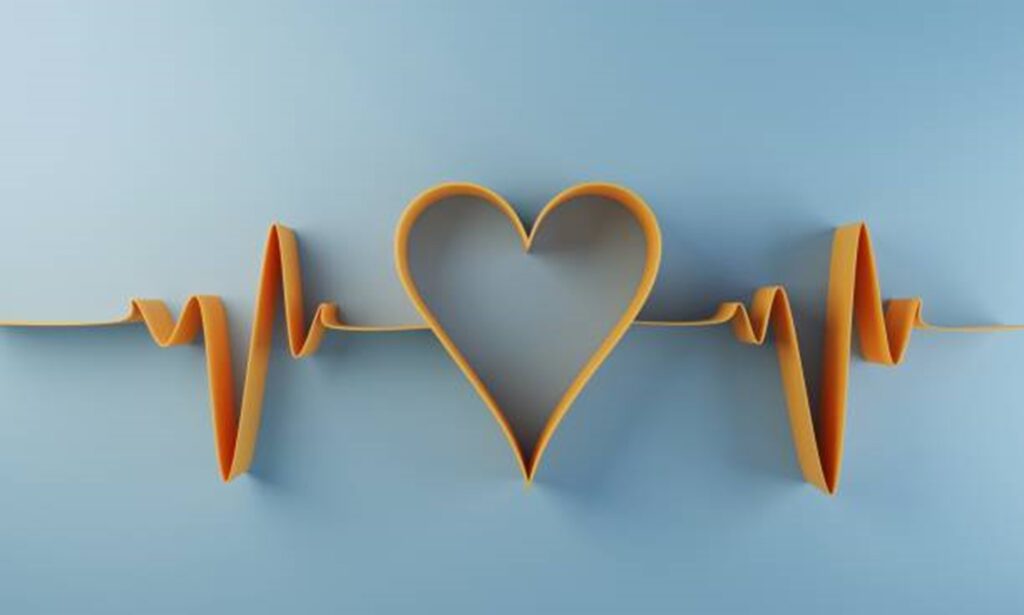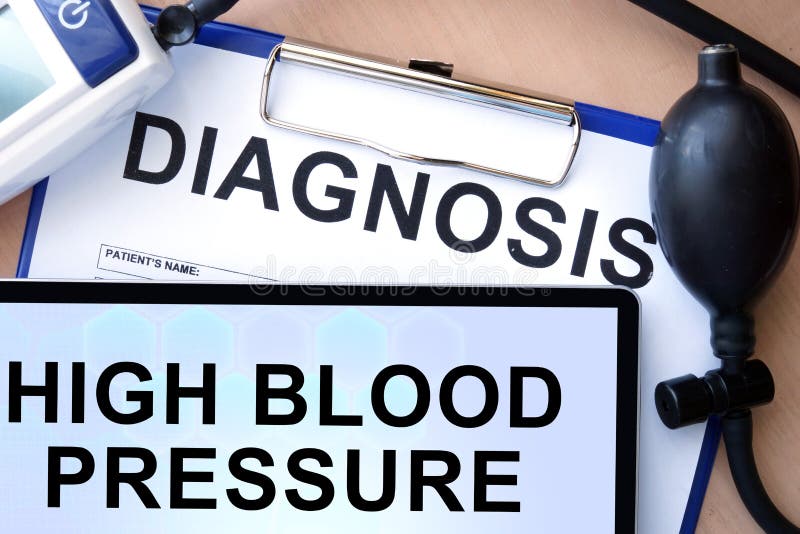Blood pressure below 90 mm Hg (millimeters of mercury), in the case of the higher number – systolic pressure – and 60 mm Hg for the lower number (diastolic blood pressure) is considered, in general, arterial hypotension.
Warning signs
It is desirable to have low blood pressure – this does not cause problems for some people. However, for most, abnormally low blood pressure can cause dizziness and fainting. In severe cases, low blood pressure is life-threatening. Specialists claim that blood pressure is too low only when it causes symptoms.
A sudden drop in blood pressure is dangerous. A change of as little as 20 mm Hg (for example, a drop in systolic blood pressure from 110 to 90) can cause signs and symptoms such as:
- Dizziness or light-headedness
- Fainting (syncope)
- Blurry vision
- Nausea
- Concentration difficulties
- Fatigue
- Uncontrolled bleeding, infections, or severe allergic reactions can cause severe, life-threatening hypotension (shock)
Request emergency medical help if you have the following symptoms:
- Confusion, especially in the elderly
- Cold, pale, clammy and moist skin
- Fast, shallow breathing
- Weak pulse or rapid pulse
When to go to the doctor
If your symptoms suggest the evolution towards a severe arterial hypotension (shock) it is important to ask for emergency medical help.
If you frequently have low blood pressure, but without symptoms, the doctor will monitor you during routine medical check-ups.
Occasional dizziness and the feeling of “empty head” are not necessarily reasons for concern – they could be the consequences of some mild dehydration (for example, prolonged sitting in the sun or in hot water). However, it is important to see a doctor if you have symptoms of hypotension, as they could indicate more serious problems. It is useful to keep a diary of the symptoms, under what conditions they appear and what you do at that moment.
Causes
The causes of hypotension can be numerous, from dehydration to serious diseases or complications following a surgical intervention. Therefore, it is important to discover the cause to treat it. Blood pressure can decrease in the following situations:
Prolonged bed rest
Hypotension caused by getting up after a prolonged rest in bed is also called orthostatic or postural hypotension. Orthostatic hypotension is defined as a drop in systolic blood pressure (first digit) by ≥20 mmHg or diastolic blood pressure (second digit) by ≥10 mmHg after 3 minutes after moving from a lying position to a standing position. It is manifested by dizziness, the feeling of an “empty head”, and sometimes fainting. This type of hypotension can last a few minutes and is not a cause for concern, but if it becomes chronic, it is a sign of a health problem.
Neurally mediated hypotension
Unlike orthostatic hypotension, this condition causes blood pressure to drop after a person stands for a long period. It is manifested by dizziness, nausea and fainting. It occurs frequently in young people and children and is caused by abnormal communication between the heart and the brain: the heart falsely tells the brain that the blood pressure is increased after the person has been standing for a long time.
Pregnancy
During the first 24 weeks of pregnancy, it often happens that blood pressure drops, usually by 5-15 mmHg in a normal pregnancy, and returns to pre-pregnancy values immediately after birth. However, extreme hypotension becomes a cause for concern, because it can signal complications at the beginning of pregnancy, such as ectopic pregnancy.
Decrease in blood volume
Massive blood loss following a trauma or severe internal bleeding, as well as significant dehydration, reduces the blood volume, causing a drop in blood pressure.
Dehydration
Fever, vomiting, severe diarrhea, abuse of diuretics and exhausting physical exercises cause dehydration, a potentially severe condition in which the body loses more water than it receives. Sometimes, even moderate dehydration (loss of 1-2% of body weight) can cause symptoms such as weakness, dizziness and fatigue.
Certain medications
This is the case with diuretics, beta-blockers and other drugs for the treatment of high blood pressure. Hypotension can also be a consequence of the administration of drugs for Parkinson’s disease, tricyclic antidepressants, and drugs for erectile dysfunction, especially in combination with nitroglycerin, narcotics and alcohol. Also, other prescription or over-the-counter medications (OTCs) can cause hypotension when administered with high blood pressure medications.
Heart diseases

In certain situations, the heart cannot pump enough blood to meet the needs of the body. The causes are bradycardia (slowing of the heartbeat below 60 beats/minute), diseases of the heart valves, myocardial infarction and heart failure.
Endocrine disorders
Hypotension is a common symptom in hypothyroidism, parathyroid disorders, adrenal insufficiency (Addison’s disease), hypoglycemia and, in certain cases, diabetes.
Septicemia (septic shock)
Septicemia occurs when the bacteria leave the initial site of infection (often in the lungs, abdomen or urinary tract) and enter the bloodstream. The bacteria later produce toxins, which affect the blood vessels, leading to a potentially fatal drop in blood pressure.
Severe allergic reaction (anaphylaxis)
Anaphylactic shock is a severe allergic reaction that can endanger a person’s life. This can occur in a few seconds or minutes after exposure to an allergen, such as penicillin, bee venom, or eating peanuts. The blood pressure drops suddenly, and the throat becomes edematous (swells) with the narrowing of the airways and finally death.
Nutritional deficiency
The deficiency of vitamin B12 and folic acid causes anemia, which results in a drop in blood pressure.
References:


